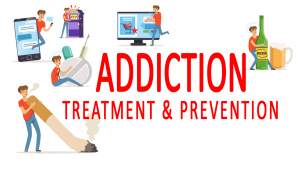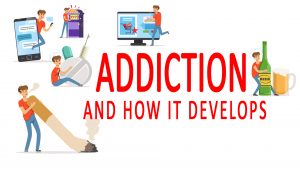Only twenty years ago could we imagine that one day we would be contactable anywhere and anytime? What were then still faraway dreams of the future are today already a reality. Ninety-three per cent of British adults use a handset, while in the U.S. the number of cell phone users amounts to ninety per cent. But looking at the age between 18 and 29, we see that a whooping ninety-eight per cent of these Americans possess a cell phone.

Social networks are booming like never before – and the users are becoming younger and younger. Four out of five teenagers have at least one account in a “Social Network”. Virtually every teenager possesses a Smartphone and thus has access to the vastness of the internet, wherever he or she is staying. However, what only very few know is that the internet was never ever intended for the general public. Originally, the World Wide Web was developed and programmed by the American military during the Cold War. Nevertheless, today we let children play around with it, carelessly and often without any supervision.
- Tell your child about the internet and its “dark” side. Responsible use of the internet and social media can only be achieved if the child knows what he or she is getting involved with.
- Chaperone your child on the internet (according to age); offer help. Do not leave him or her unsupervised, even though they will not be happy about it… more
Imagine a city with libraries, restaurants, cinemas and parks where people met and socialised. But there are red-light districts, high-crime zones, meeting places for drug addicts and other “no go” areas, as well. Would you let your child wander into this city just like that alone? Certainly not. Yet, today’s internet has become just that kind of city with “light“ and “dark“ places.
The internet yields profits in the billions; that’s one reason why the internet industry targets children and teenagers. Those, who from an early age, grow up with a brand, a social network and with internet access will remain loyal for life – or addicted! Many users are not aware of the fact that, if something is for free, you are not only the customer but also the product. As far as the social networks are concerned we are selling our privacy – our life – and our personal freedom.
For healthy development, children need an unimpaired environment that conveys to them values like the family unit, true friendship, morals, integrity and most of all love and a feeling of security. Unfortunately, these attributes can hardly be found on the so-called “Social Networks“ and are ever decreasing in our society.
The World Foundation for Natural Science informs parents, teachers, adults and especially children and teenagers about the dangers of the internet and social media and also explains how this new media can be used sensibly and responsibly.














